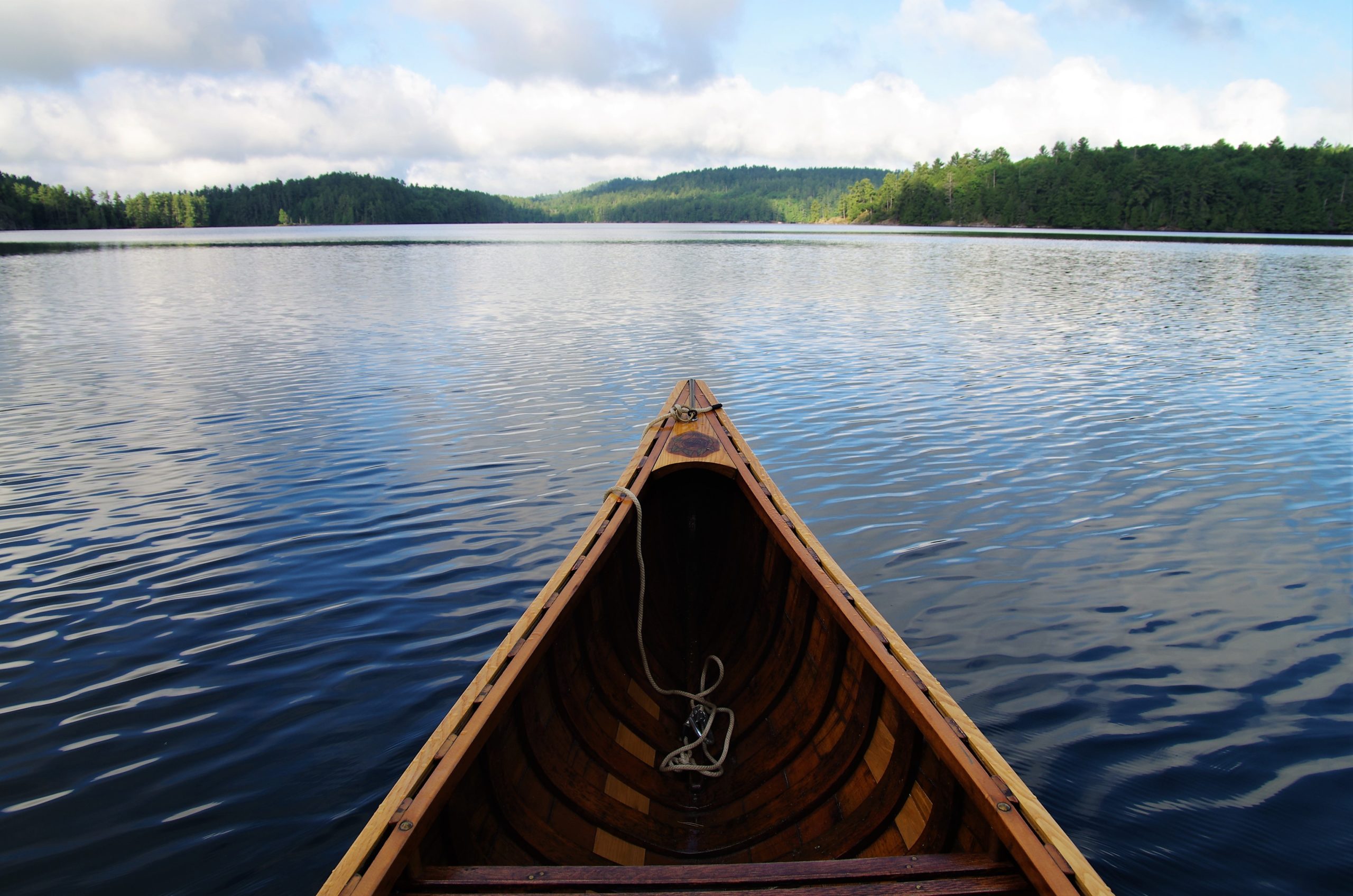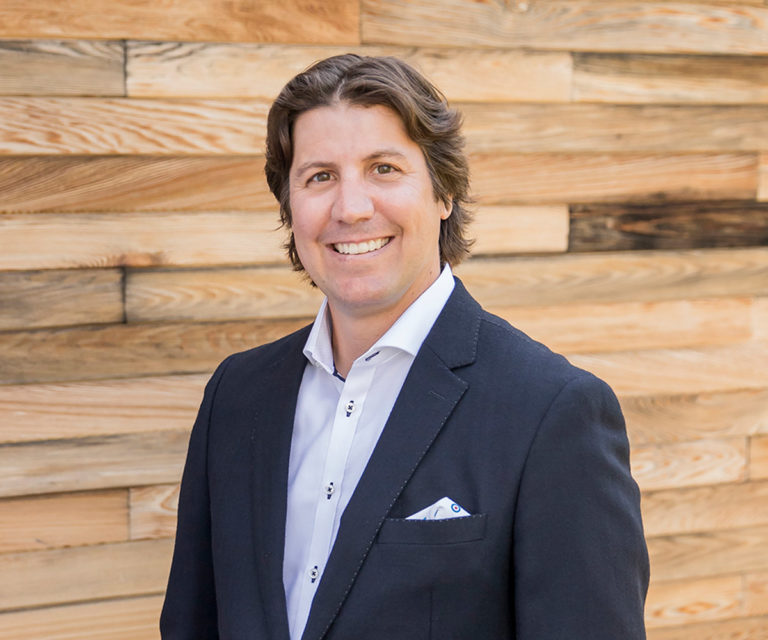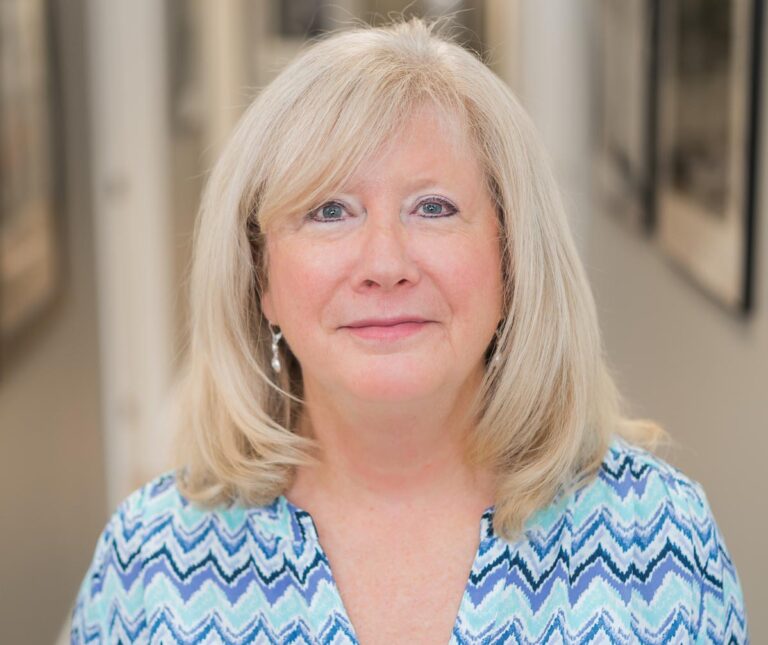One of the many joys of summer is the opportunity to get up close and personal with nature. That could mean weekend cottage visits, camping trips or vacations to some pristine destination across Canada. The chance to unwind, relax and rebalance is a key part of promoting well-being before we dive head-long back into work in the fall. We’d argue there are even financial and wealth planning lessons to be learned while taking in our country’s natural beauty—from the seat of a canoe, no less. It may sound unlikely, but the goal-setting and persistence of a simple canoe paddle can teach us a lot about securing financial wellness.
Before we explain why, it’s important to note that of the many changes brought on my COVID-19, one of the most striking is the impact on Canadians’ balance sheets—and not as we might expect. While many people faced financial hardship as industry shutdowns and social distancing measures limited their ability to work or grow their businesses, others saw a substantial appreciation in their personal net worth.
Statistics Canada data from May showed that almost all households saw disposable income increase over the previous year, with households in the lowest income quintile making the strongest gains—17.6 per cent in disposable income and 10.7 per cent in overall net worth—compared to 2019.
Many upper-income earners fared even better if their salaries held steady (or even increased) throughout the crisis. In those cases, limited spending opportunities spurred a dramatic rise in savings. According to the Bank of Canada, on average Canadians spent about $4,000 less in 2020 than 2019, with nationwide household savings totaling about $180 billion and average savings per Canadian reaching about $5,800. That’s a lot of extra cash available to pay down consumer debt or mortgages, to invest or cover expenses such as university tuition.
Financial goal-setting thoughts for your next canoe trip
So, Canadians as a whole are generally wealthier coming out of COVID-19 than before, thanks in large part to reduced expenditures and generous government programs that buttressed incomes throughout the pandemic.
That presents an incredible opportunity to take a step back, analyze your financial goal-setting targets and assess how they align with both your current circumstances and the financial future you hope to build as we emerge from a highly unusual Black Swan event. If we hop back into that metaphorical canoe for a second, we get a better understanding of what it takes to get there.
The canoeists among us understand that getting from point A to B across a lake means setting a point on the distant shore and paddling in that direction. The disruptive force of winds and currents represent the financial risks and volatility of everything from stock or real estate investments to unexpected lifestyle expenses. The opposite shore is your personal wealth objective.
Despite the many factors that could hold us back, we make small, continuous course corrections to stay on course as we paddle. Because this is a rather large metaphorical canoe, you’re probably joined in it by your financial planner or wealth manager who are helping you map out a route (in this case by setting a wealth-building strategy and managing your money), along with a wider team that could include advisors such as your insurance broker and accountant.
They’re not only helping you reach your financial goal-setting objectives, but should also be identifying other opportunities for growth and success. At any point that lake could swallow you whole, but as long as you’re constantly reviewing your goals and adjusting your approach, you’ll eventually reach the other side. Maybe it’s a more secure retirement that awaits, or the chance to give back through philanthropy. Every goal is different, but they can’t be reached if they aren’t set and a plan isn’t defined to achieve them.
New opportunities for financial success
The point is that as we emerge from a highly disruptive pandemic, you have the chance to build a customized wealth strategy that aligns with your family’s (likely improved) financial situation. You can leverage the momentum of the recovery and other factors such as rapid real estate appreciation to reallocate financial resources and accelerate asset growth to secure a better financial future. Again, your team of advisors will be the ones proactively driving those conversations.
Of course, they shouldn’t be limited to personal finances. If you’re a business owner or executive, you can take the opportunity to reimagine your organization’s group benefits offering to better suit the needs of a workforce that’s grown accustomed to working remotely. Make no mistake: Ensuring their well-being is just as important as bolstering your personal bottom line. You could also develop a more robust estate plan or an insurance strategy that helps provide greater financial security and mitigates risk.
The key to making it all work is having the right team in place and an advisor who can oversee the process, making sure that each advisor is working in harmony to help you achieve your goals. Think of that individual as the back paddler on the canoe, steering while the other team members power you forward.
So, as you’re enjoying vacation time away from the usual day-to-day, remember to take the time to think about how the COVID-19 crisis has impacted your personal financial standing and where you want to go next. Then paddle along knowing that once you achieve those financial goals, there will be plenty of extra downtime to kick back and enjoy the Canadian wilderness with family and friends.
The Bridgewell Team
Contact a member of the Bridgewell team now to discuss your wealth and financial planning needs.






